Take our photo tour of the petcoke pile.
Scroll down to view images
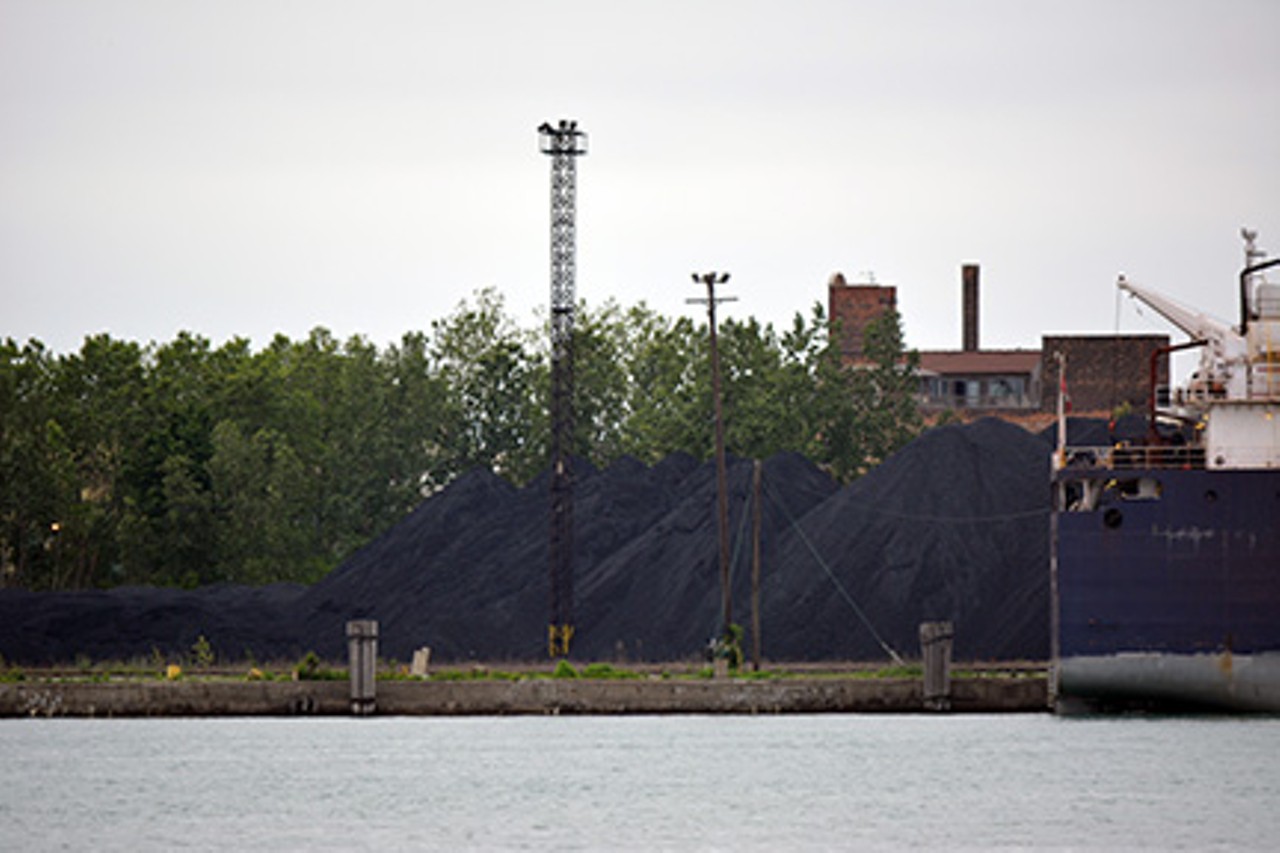
Extracting tar sands bitumen from under the boreal forests of Alberta, Canada requires huge amounts of energy and water.

Petcoke is made up almost entirely of carbon, which means that it produces more greenhouse gas emissions than tar sands oil or even coal if it is used for electricity.
1 of 10
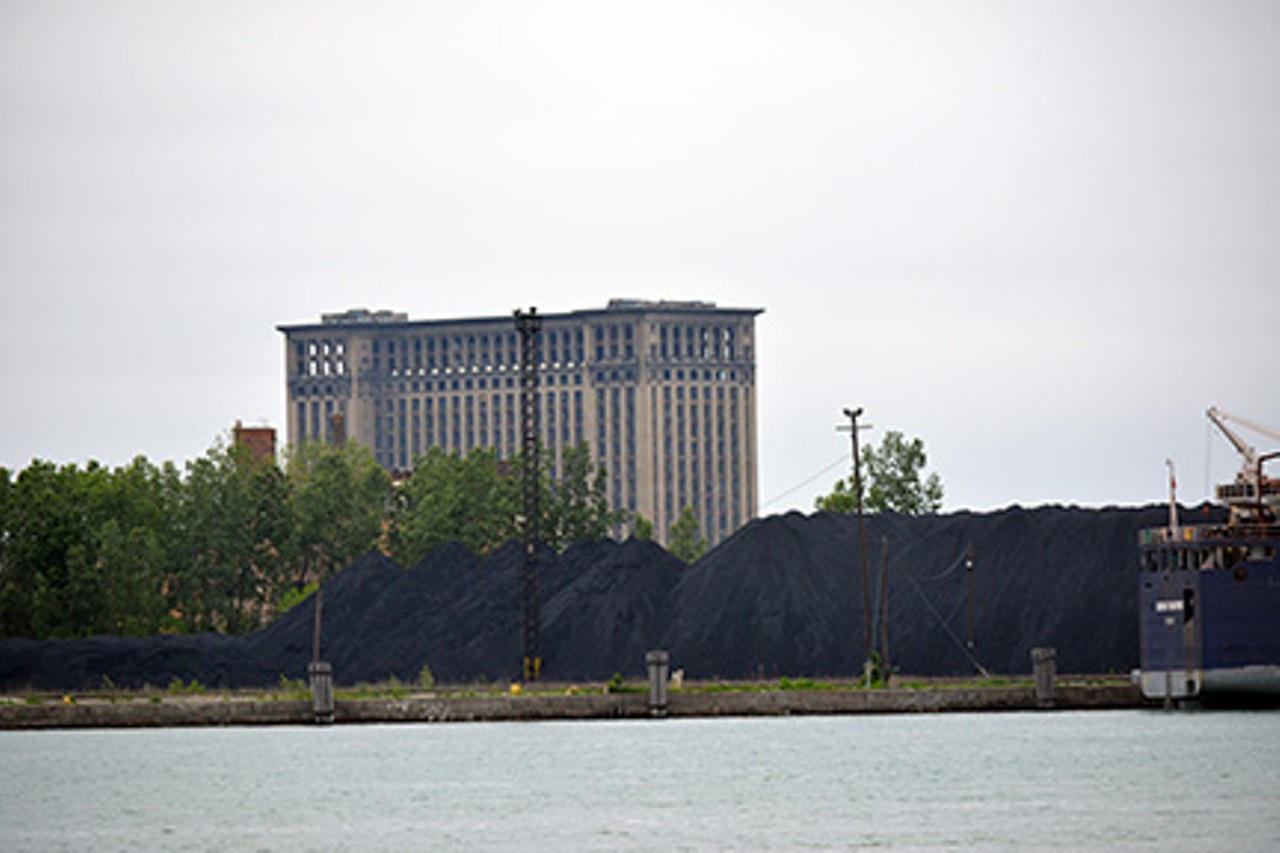
According to a report by Oil Change International, there are 59 U.S. refineries that are capable of producing petcoke, nine of them near the southern terminus of the Keystone XL pipeline.
2 of 10
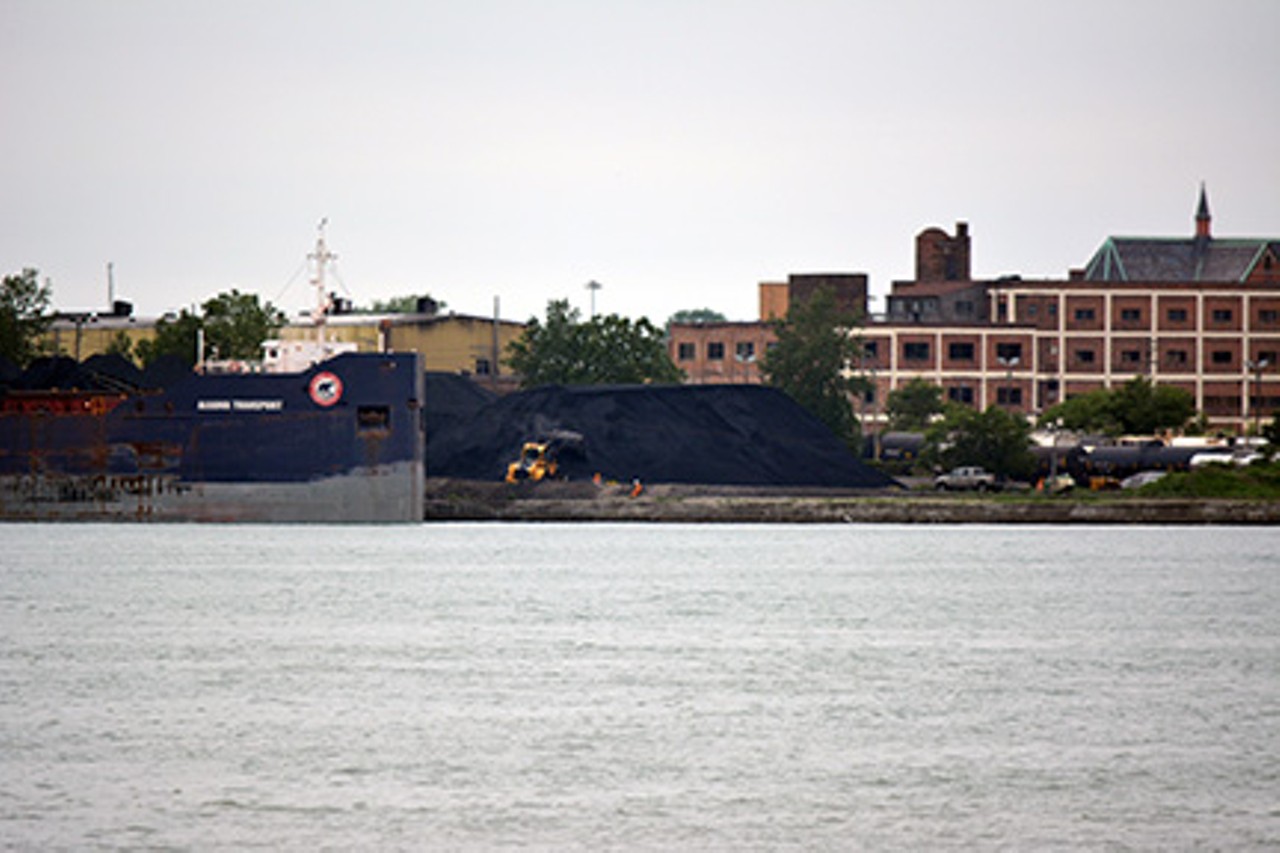
DTE Coal Services, a subsidiary of DTE Energy, has received a multi-year petcoke terminal services contract with BP Products North America's Whiting, Ind., refinery. The agreement calls for DTE Coal Services to unload, store and load all of BP's petcoke from trucks and rail cars into vessels and barges for delivery to BP's customers.
3 of 10
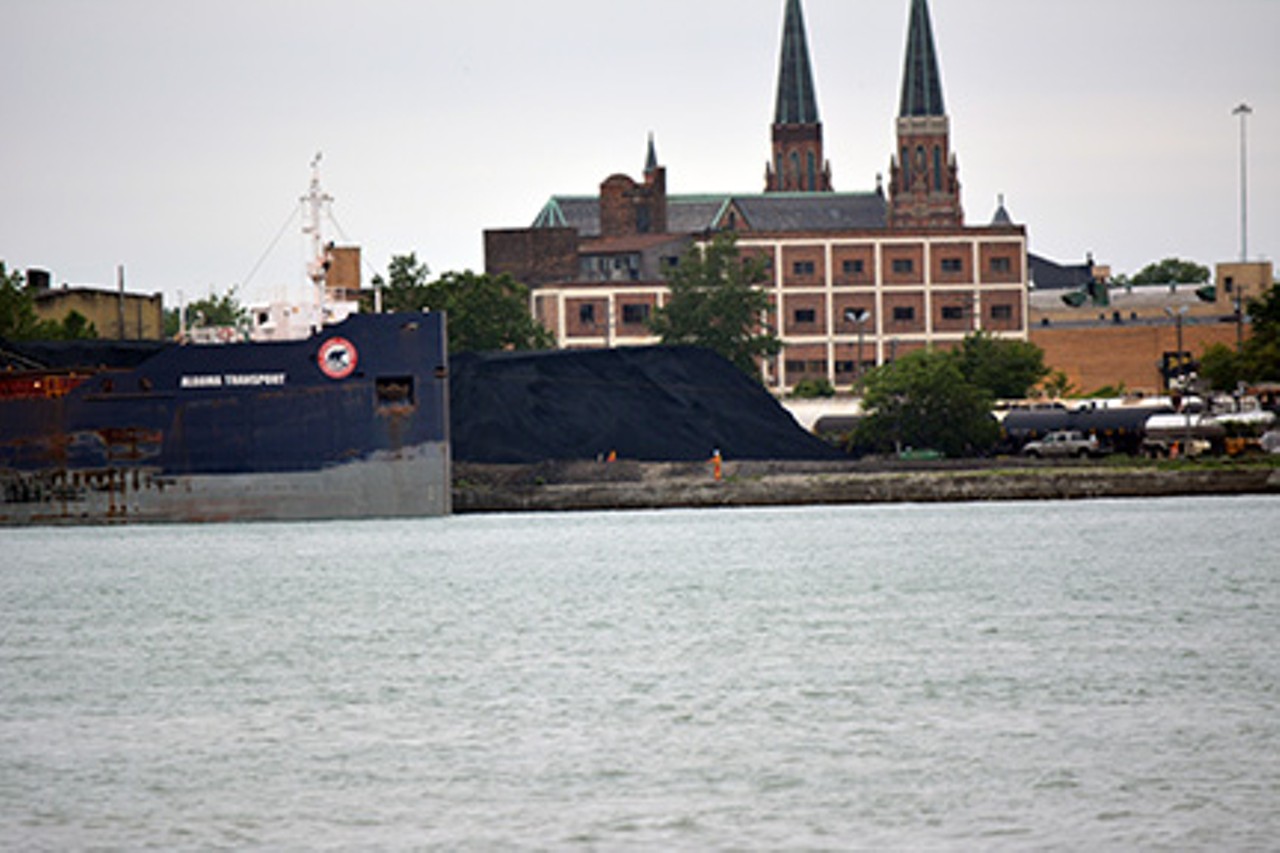
U.S. oil refineries have invested heavily in coking. Between 1992 and 2012, U.S. refiners boosted the capacity of their coking units by almost 50 percent from 1.46 million barrels per day to 2.18 million barrels per day.
4 of 10
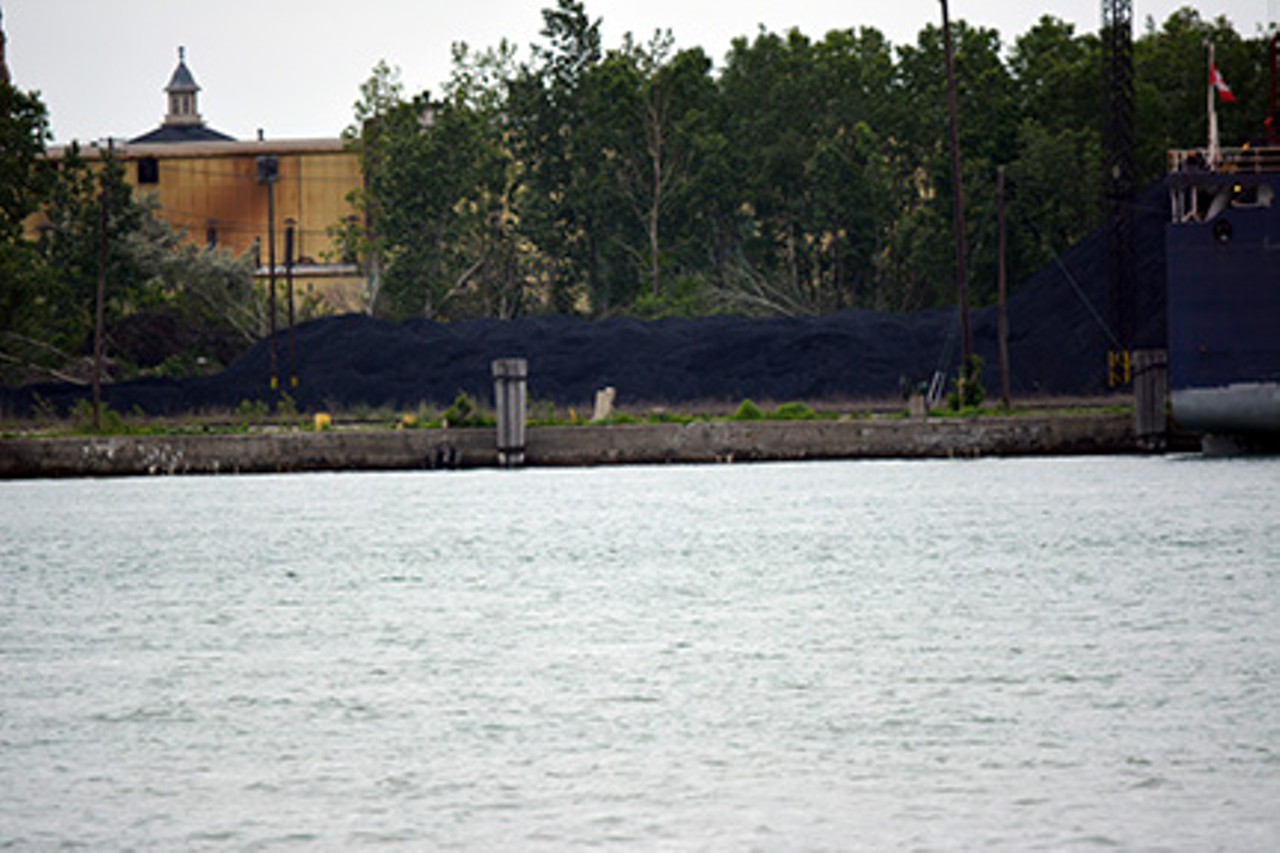
A ton of petcoke yields on average 53.6 percent more CO2 than a ton of coal.
5 of 10

As a refinery byproduct, petcoke is “priced to move”, selling at roughly a 25 percent discount to conventional coal.
6 of 10
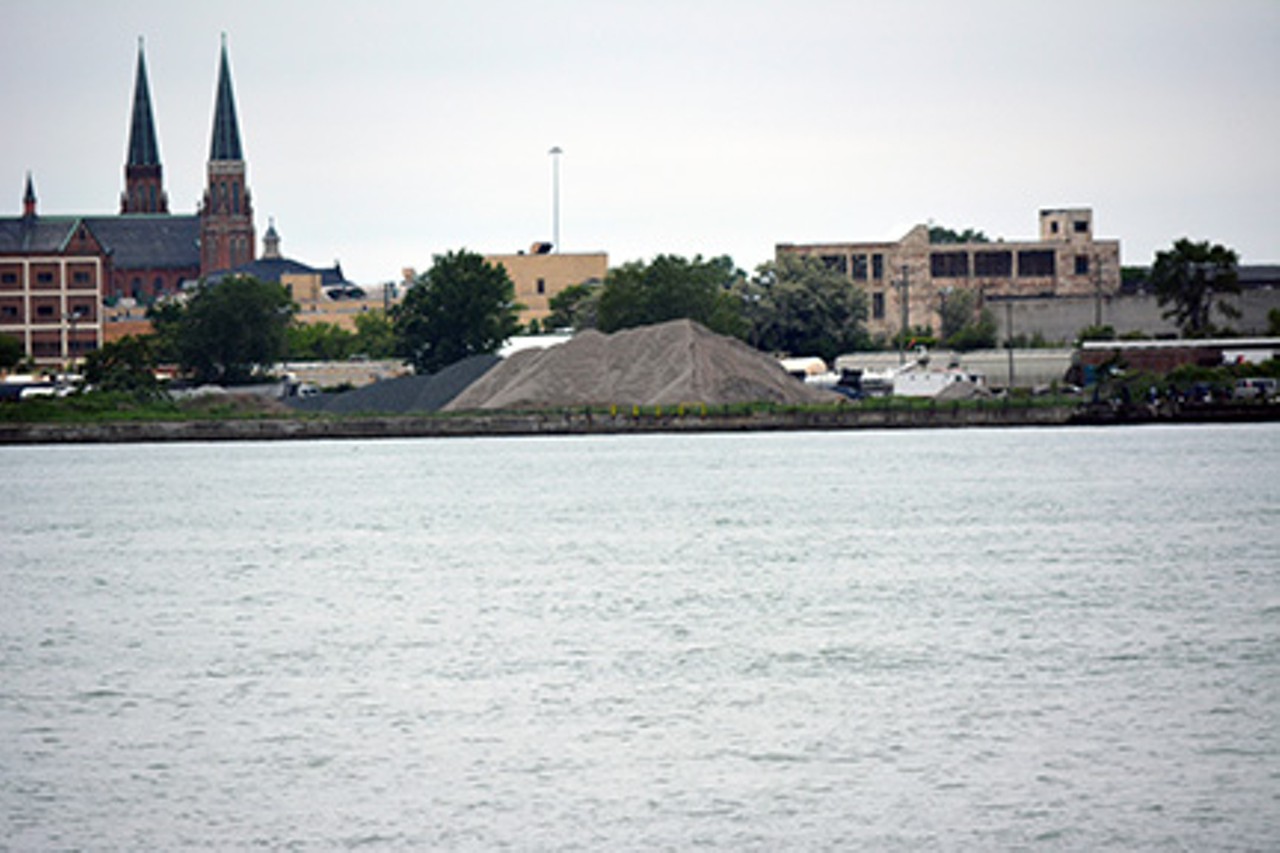
Oxbow Carbon has donated $4.25 million to GOP super PACs, making it the one of the largest corporate donors to super PACs. Oxbow also spent over $1.3 million on lobbyists in 2012.
8 of 10
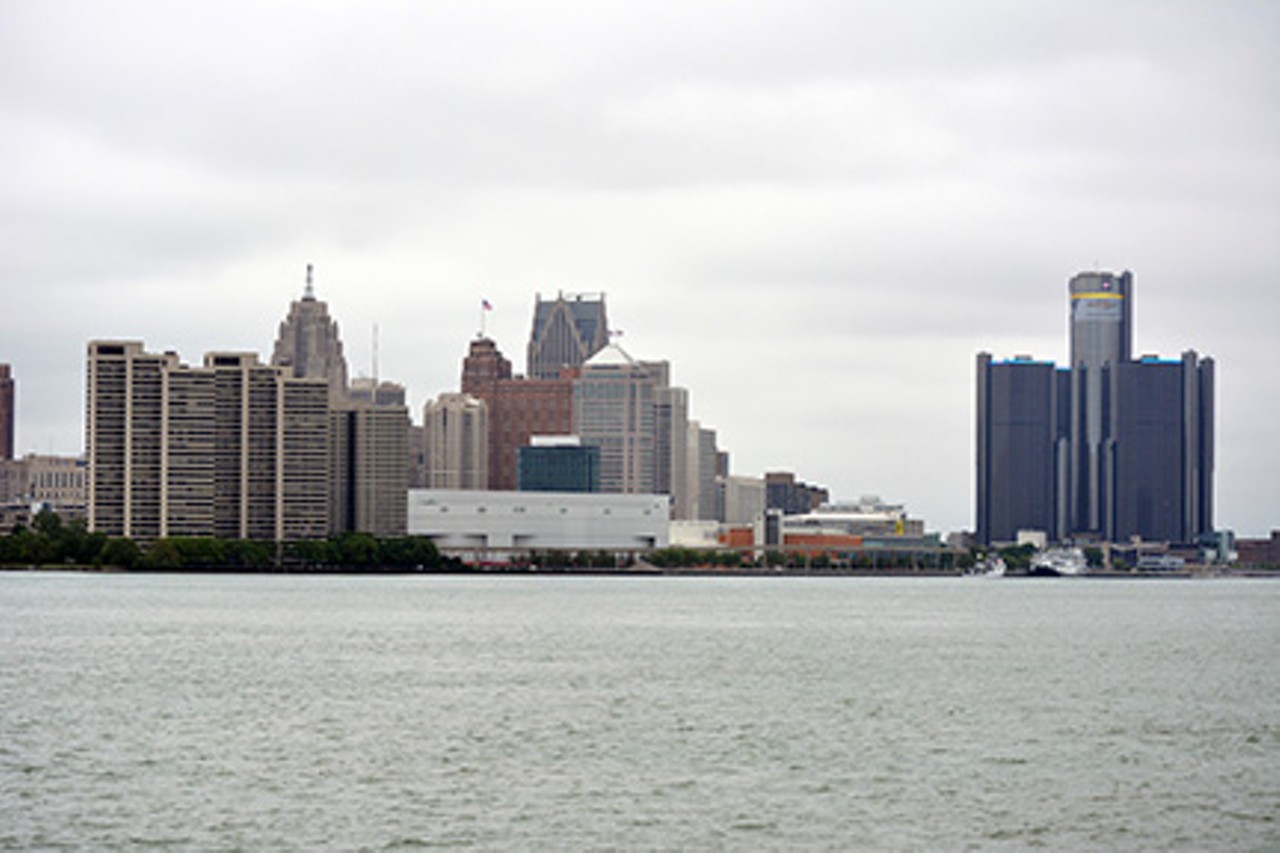
Oxbow Corporation, owned by William I. Koch, is a major dealer in petcoke ? selling 11 million tons annually.
9 of 10
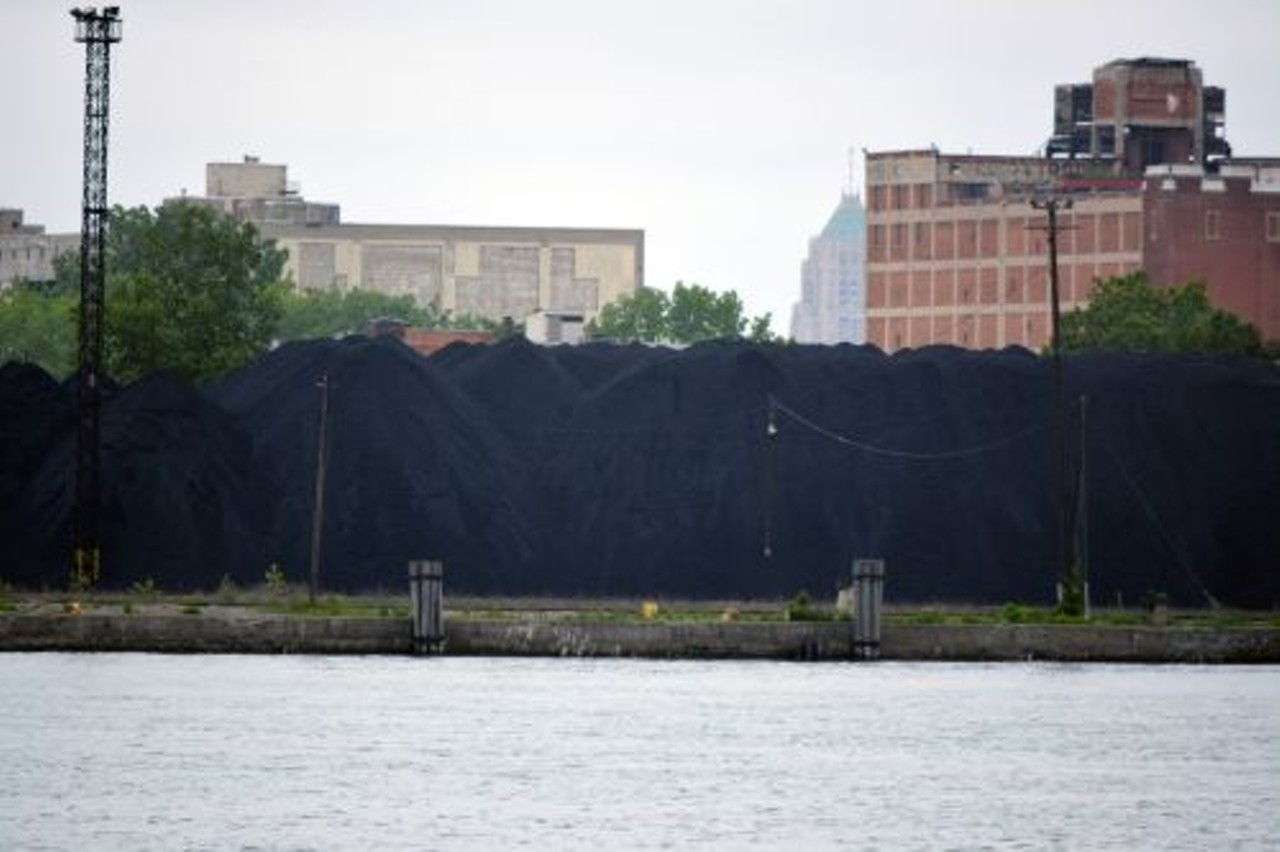
The proven tar sands reserves of Canada will yield roughly 5 billion tons of petcoke – enough to fully fuel 111 U.S. coal plants to 2050.
10 of 10
Related Slideshows
- Local Detroit
- News & Views
- Things to Do
- Arts & Culture
- Food & Drink
- Music
- Weed
- Detroit in Pictures
- About Metrotimes
- About Us
- Advertise
- Contact Us
- Jobs
- Staff
- Big Lou Holdings, LLC
- Cincinnati CityBeat
- Detroit Metro Times
- Louisville Leo Weekly
- St. Louis Riverfront Times
- Sauce Magazine








